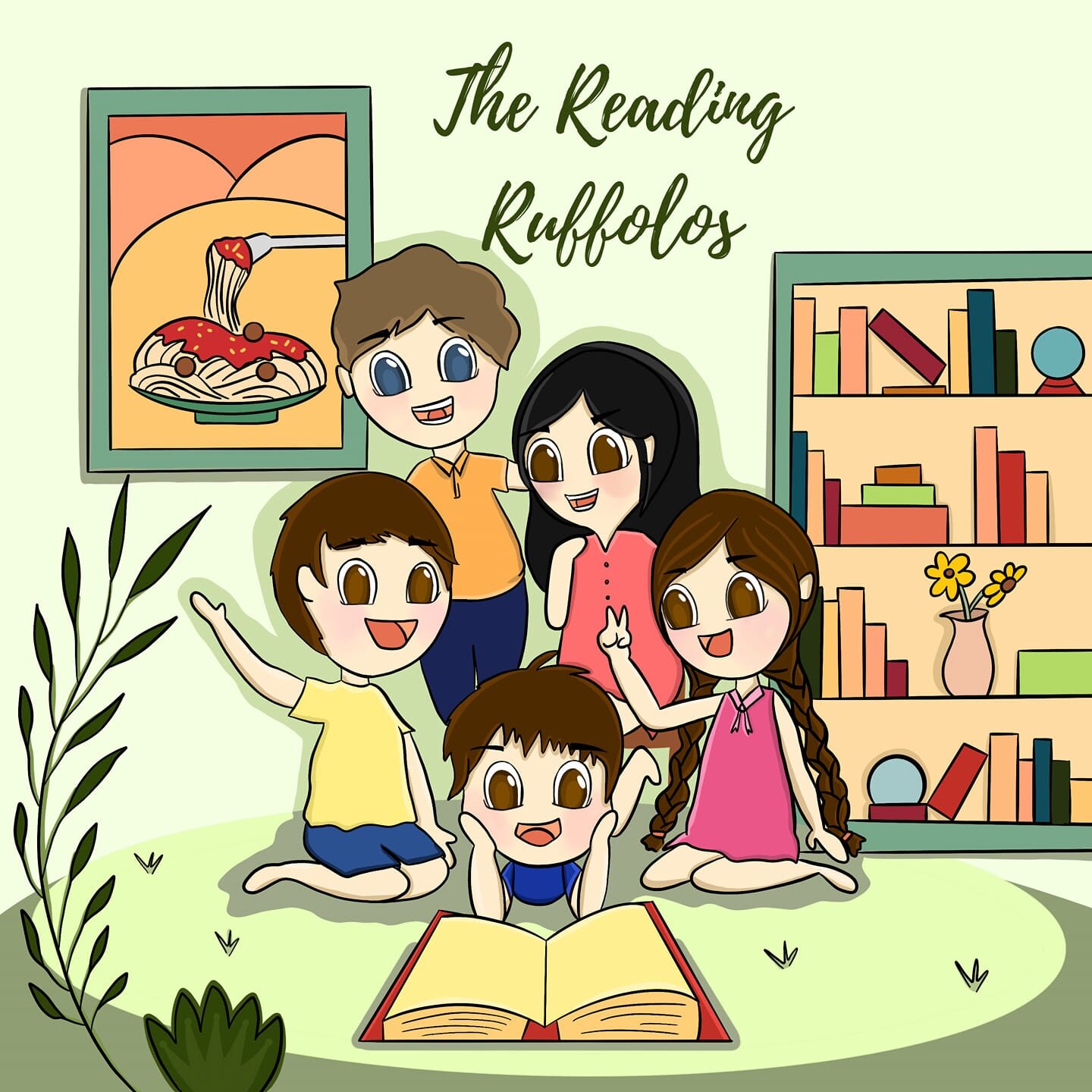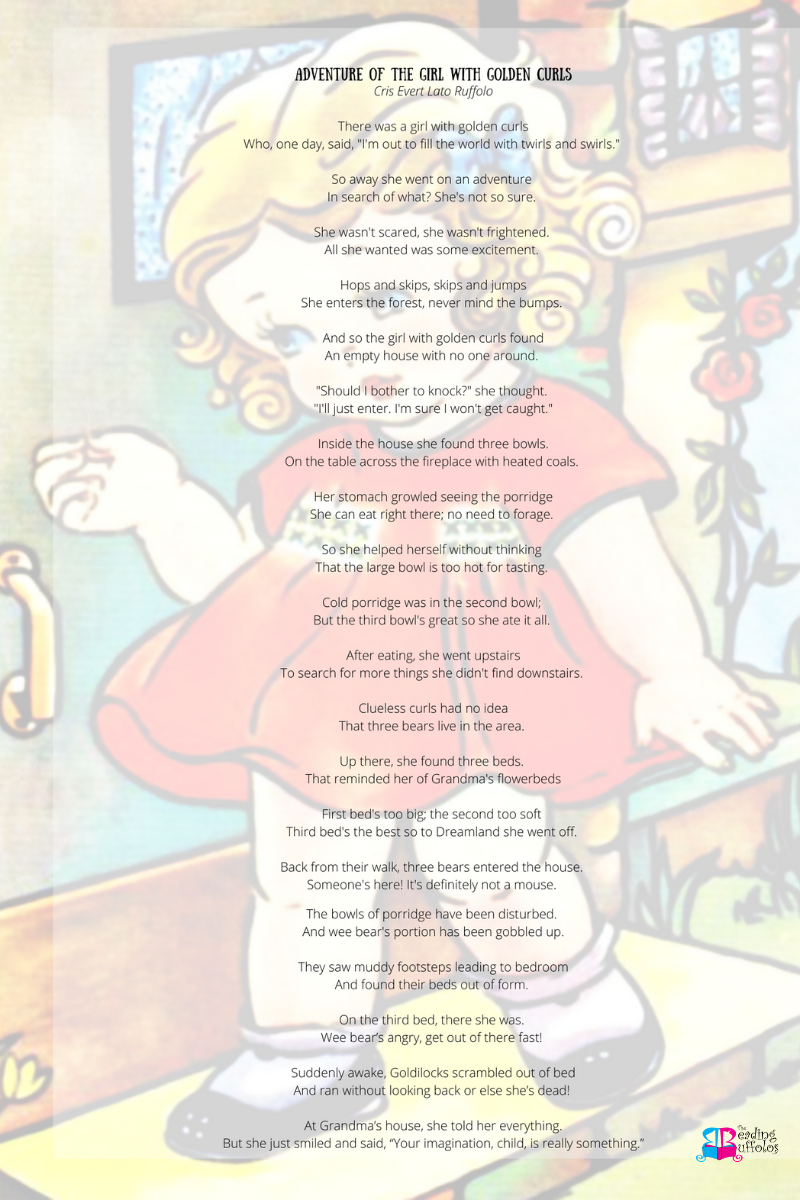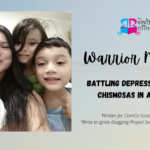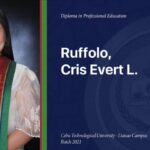By now, dear readers, if you have been following the Reading Ruffolos’ Facebook page, you know that I am Mommy-Teacher. I have taken on the challenge to be at the frontline of my children’s education by being their teacher, day in and day out. It’s not the most glamorous task; it’s not easy peasy! I have mastered the art of intimidation by staring. Laser beams come out of my eyes and my nose is a smoke-belching organ. 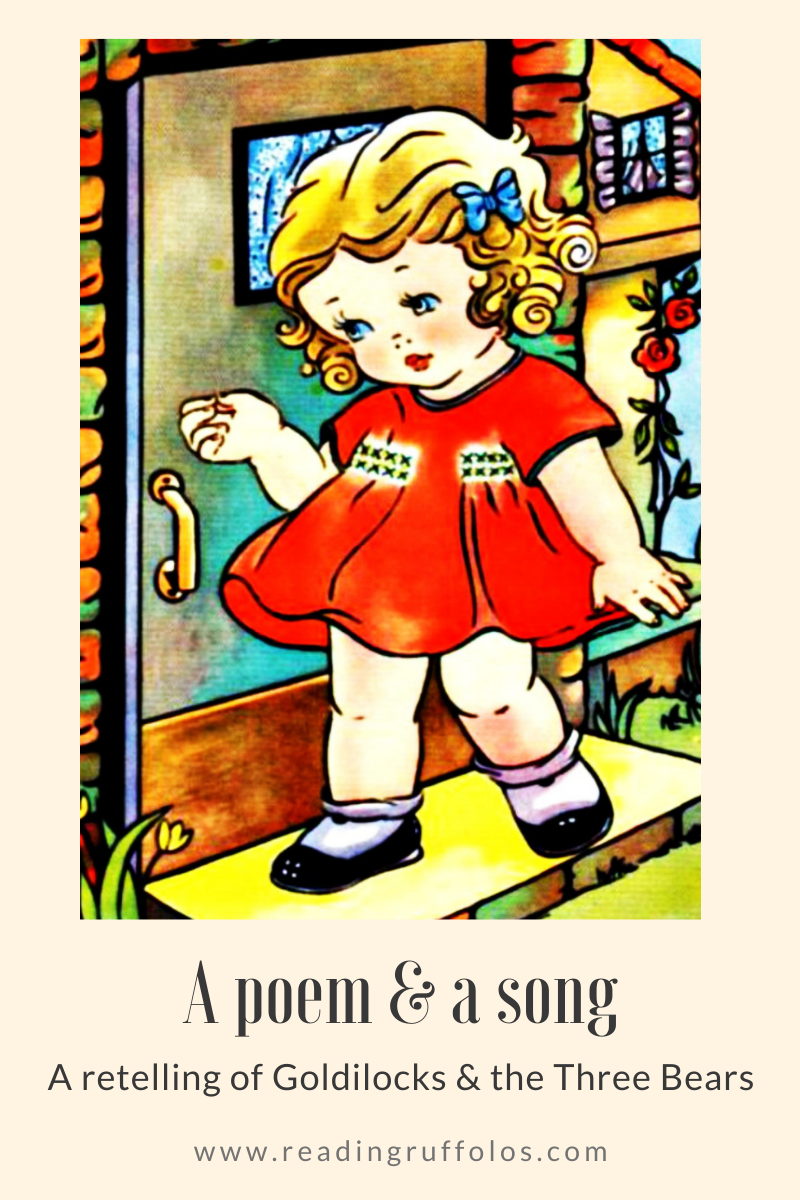
Because I teach full-time now — my twins are in Grade 2 and my youngest boy is in Kindergarten — I decided to continue my studies in professional education so I can be a full-fledged teacher.
My weekends are pretty hectic because of these classes but no complaints here. I love the classes and I cherish my teachers and my classmates. I am with a group of professionals — some of them are mothers like me — who are supportive of each other. There is a certain kind of kinship when you go back to school in your early 30s. It’s not about grades anymore; rather, it’s more about the learnings and how you apply them in life. I feel this strong sense of bond and camaraderie with my classmates. Classes are fun and I always come out of each class learning a thing or two about the teaching profession or a law related to teaching or simply, how to live an inspired life.
Today, November 7, each one of us presented Bloom’s Taxonomy of Learning with the story of “Goldilocks and the Three Bears” as the anchor. And it was a blast! I have never met any of my classmates in person but I was clapping and cheering them on while they were presenting. We explored to the story using lower order thinking skills and higher order thinking skills using this:
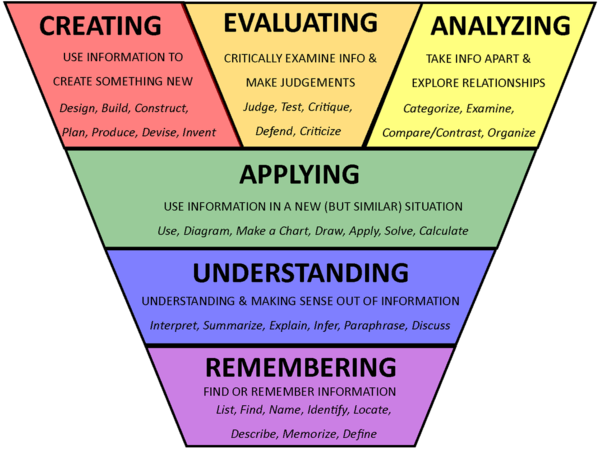
Parents, this may look complicated to you what with the many words in this illustration. But this you need to remember: our goal is for our children to have higher order thinking skills. This means that while it’s good for them to remember (or find, list, name, identify, locate, describe, memorize, define) information, it shouldn’t be the end goal of learning. Our children should be able to examine situations, critique events, and/or create something. I love how Dr. Roselyn Gonzales puts it, “The concern is not so much on the content but on what our students CAN DO with what THEY KNOW.”
I love how this lesson pushed many of us to write poems, a retelling of the story of “Goldilocks and the Three Bears.” Below is the poem I wrote entitled “Adventure of the Girl with Golden Curls.
My classmate, Janica, transformed the story into lyrics and made a video of it to the tune of Lenka’s The Show. I am so thrilled about this that my children and I are including this song in our videoke lineup. Check out the video here:
Our class today was filled with giggles and laughters as we listened to each other present our theories/creations/analyses. There is so much positivity around and I can feel it even if the class was held online. Can you imagine how fun it would have been if we had face-to-face interaction? Lingaw kaayo!
There are also other ways to approach the Goldilocks story. The one below is another favorite:
This is such a challenging year for teachers, parents, and children. I will not even attempt to enumerate how we are managing the situation at home. I know you also have your struggles as you flip one page after another in order to accomplish all the modules inside those expanded plastic envelopes.
What I learn from this pandemic learning situation is that we can complain all we want; it’s convenient to do so. But we should face this challenge with enthusiasm and optimism. We do not want this to happen but this is where we are right now and constant complaints will not do us any good.
While many of us cannot have Goldilock’s golden curls or her devil-may-care attitude in barging at someone’s door to eat their porridge and sleep on their beds, we are blessed with resources online and offline to guide us on how else we can be better parent-teachers to our children. Let us make use of them effectively and efficiently so our little humans will become grown-ups who are able to make informed choices and decisions guided by good moral values.
